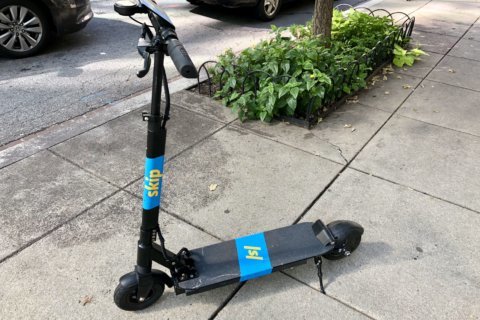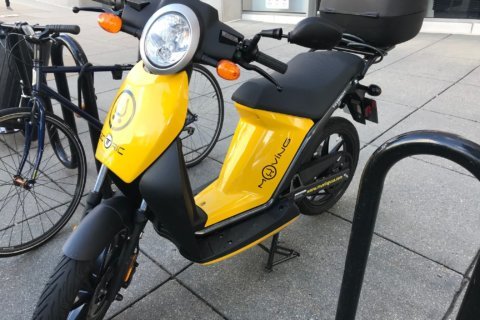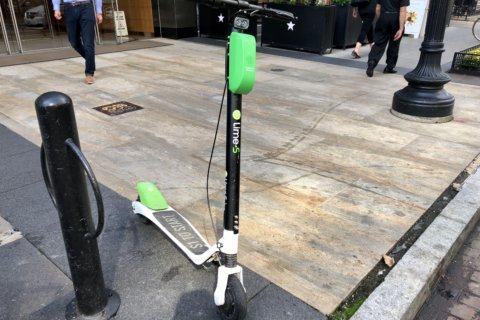WASHINGTON — The District’s yearlong pilot program with dockless bike and scooter companies will become a permanent option for D.C. commuters in 2019, with new rules now set in stone for the companies that want to provide their vehicles in the District.
Among new requirements, scooters and motorized bicycles will have to be equipped with speed governors that restrict the vehicles maximum speed to 10 mph for electric scooters and 20 mph for electric bikes.
Companies will also be required to provide non-smartphone options for trip rentals, cash-payment options and low income pricing.
And the number of vehicles each company will be allowed to operate will be capped at 600, but no fewer than 100. Companies renting both dockless bikes and scooters will be issued separate permits for each fleet.
“The new dockless permit requirements reflect the promise DDOT sees in this program to increase active transportation in the District, as well as the many valid concerns we heard from a wide range of stakeholders involving safety and equity,” said District Department of Transportation director Jeff Marootian.
The first round of permits issued will be valid from January 1 to December 31.2019.
Dockless companies that are awarded permits for next year and that want to increase their permitted fleet size will be required to achieve a favorable quarterly evaluation from DDOT, and fleets can be increased by no more than 25 percent for each request.
The District also wants dockless companies to address people with disabilities and low income residents.
While not required, the new rules encourage dockless companies to provide adaptive vehicles for people with disabilities. Those vehicles would not count toward the maximum number allowed.
And it will require payment options that don’t require a smartphone for trip rentals, cash-payment options and low-income pricing plans.
The companies will also have to deploy their scooters and bikes in all 8 wards in the District.
Permit fees will be based on fleet size, but also require a $10,000 performance bond, money which the District will use to pay for the removal or impounding unsafe or abandoned vehicles.
The District also wants to know where dockless commuters are going, requiring monthly, anonymous trip data for program evaluation, including number of rides, safety incidents, improper parking and repairs.
Five private dockless companies currently operate in the District.
Jump has a fleet of dockless bicycles only. Skip, Bird, Lime and Lyft all operate electric scooters. Spin, which launched as a dockless bike company, plans to convert to a scooter fleet.
Information on the 2019 dockless applications is posted on DDOT’s website.
The private dockless bike and scooter companies are unrelated to D.C.’s Capital Bikeshare program, which uses dozens of stationary docks throughout the District.









